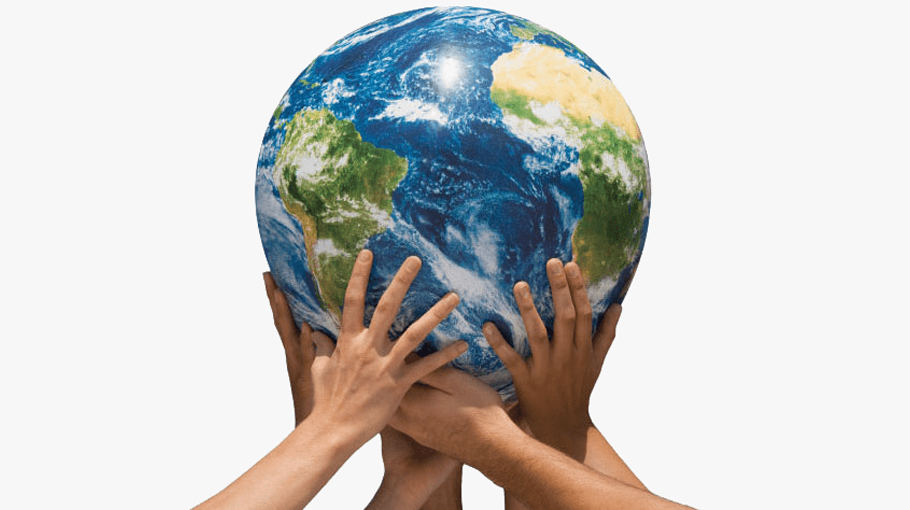How COVID brought people together
We live in such a toxic environment today, where political ideologies and religious fault lines have so deeply divided us

How should we remember 2021? It was the year we had hoped we would defeat COVID. We didn’t. For many, it was a year of loss, losing loved ones to the pandemic, often without getting a chance to say goodbye.
For many others, it was the heartbreak and pain of being separated from loved ones stuck in different countries as travel rules wreaked havoc. For others, it was jobs and businesses that took a hit as lockdowns and restrictions hurt economies the world over. But 2021 was also the year of kindness.
When the second deadly COVID wave hit India in April- May, it was the help and love of friends, family and the random kindness of strangers that got us through.
Twitter is often a toxic place. But this time people really came through for each other. There was the life saving work done by those like BV Srinivas of the Indian Youth Congress, who went out of his way with a team of volunteers to respond to SOS messages for oxygen support.
He arranged cylinders and medicines for hundreds of people who reached out in distress.
The health care systems in the national capital of India — New Delhi — had virtually collapsed at the time, with people literally dropping dead for lack of oxygen. It was almost impossible to get a hospital bed anywhere in Delhi. Tehseen Poonawala was another hero, who responded to hundreds of messages and helped people.
Today we are far better prepared to fight this virus
with incredible vaccines that are preventing severe
disease and doctors and health care workers who
have a far better understanding of
how this progresses and what the
medical protocols should bes
I will never forget how desperately hard he worked to get a hospital bed for a friend’s elderly mother whose oxygen had dropped drastically and so many more people I know. Like Tehseen and Srinivas, there were so many other good Samaritans who helped people in Delhi and other cities and towns of India.
I remember being down with COVID in my hometown Srinagar and getting the news that my father had tested positive in Delhi. A wave of panic gripped me.
But an amazing circle of friends, dealing with their own crisis at home, reached out to help. Some of them arranged for medicines to be sent across to my parents. Others offered to check in on them in person, send their cars for visits to the doctor or X-rays. The neighbourhood chemist was a lifesaver, ensuring that anything that was needed was sent home no matter how ungodly the hour.
On social media, random strangers were reaching out to one another with help ranging from information about where one could find a hospital bed, where certain medicines were available to food delivery services for those who had taken ill. People posted threads about their own experiences, symptoms, how they recovered — all of this gave so much hope to others who were just trying to understand what this Delta variant was and what it was doing to us.
Age of toxicity
We live in such a toxic environment today, where political ideologies and religious fault lines have so deeply divided us. It makes me appreciate the kindness of those around us even more.
2022 is here. The last two years have been a blur for all of us. When the pandemic began, we thought it would be over in a matter of weeks. Two years later, the world is fighting a massive COVID surge thanks to the Omicron variant. But there is far more hope.
Today we are far better prepared to fight this virus with incredible vaccines that are preventing severe disease and doctors and health care workers who have a far better
understanding of how this progresses and what the medical protocols should be.
To those who lost a loved one, I am so deeply sorry. Nothing can repair that hole in your heart. To friends and fellow citizens for their acts of kindness, I want to say thank you. In the sea of despair around us, you made hope float.
Nidhi Razdan is an award-winning journalist. She was the Executive Editor of NDTV.
Source: Gulf News




